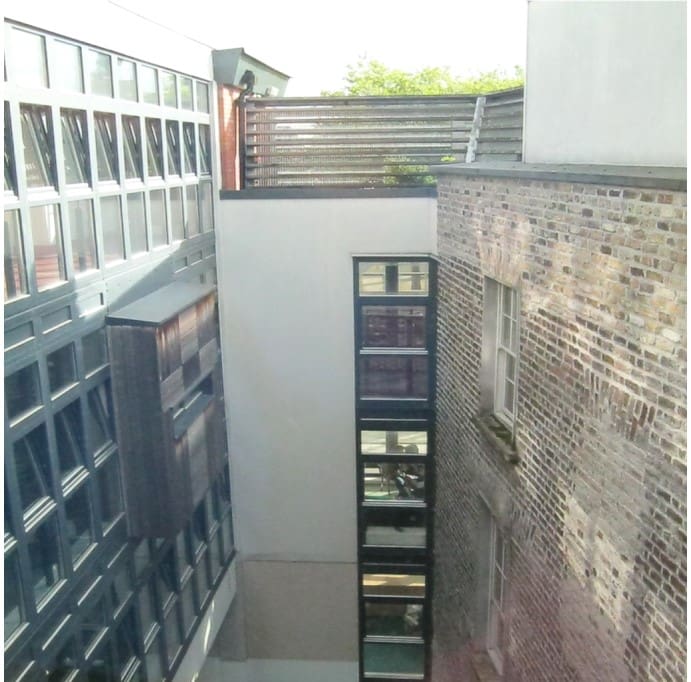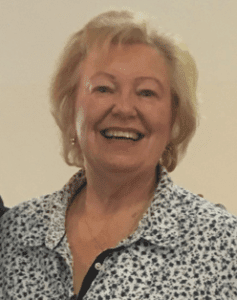
Mary searched my face for judgement. She really wanted to tell me her story of homelessness without feeling a gaze of disapproval.
Visiting Sundial House some years ago, my mind was full of nostalgia for my home city, and pride in what Depaul International had achieved in this curved shoe-horn corner building of old Dublin.
Marvelling at how the facility followed the medieval line of the hill, and smiling at the light that streamed into this aptly named building, I was eager for the tour. Visiting artists, offering enrichment programmes, coloured the walls of the hostel, in between business like doors of nurse, keyworkers and administration offices. On the roof terrace, a peek of blossom filled boxes.
Mary asked me about my wedding ring, “you’re not a Sister” as I explained I knew one of the 300 plus volunteers – a Sister of the Holy Faith Congregation. Staring at my ring, she said, “I once had a family”. She tried to explain, in between tears why she had lost her six children to the “Social” services, and why her husband enabled her drinking habit because it allowed him to drink too. “We come from a long line of drinkers” she claimed – sounding proud of her genealogy. “But really, I couldn’t cope, minding eight children, and a husband beating me up”.
Sundial’s “Wet” Hostel staff understand how their 30 residents’ alcoholism is entrenched, and how its management, combined with medical care and good nutrition keep them safe and helps them get the help they need. The plastic bottles of alcohol, administered alongside medication, is doled out each day. There is no expectation that alcohol consumption is abruptly stopped. After years of binge drinking and recovery, residents’ bodies couldn’t take it. Easing them off alcohol takes great skill.

Mary’s extended periods of street homelessness have left her with a deep appreciation of the warm, homely 24 hour care she receives, all year round. She tells me of how in the past, if you arrived with alcohol on your breath, you were not allowed into any Irish hostel. Proudly she explains “This is the first of its kind”. Later the staff tell me that indeed, Sundial House opened in September 2008, was a pioneer in offering low threshold housing for addicted people with harm reduction based on the principles of alcohol management.
I left Mary while I finished my tour, learning from staff about how people with certain mental illnesses are far more likely to abuse alcohol and other drugs. Despite many years volunteering with the homeless, I needed to learn more about the impact of alcoholism. I had understood how inherited biological factors and social pressure contributed. What hit me forcefully now was the knowledge that after a long period of drinking, one’s brain begins to rely on alcohol to produce certain neuro-chemicals. This explained why alcohol was part of the recovery treatment.
Returning to the start of the tour, Mary was there at the door. She smiled when I said goodbye and wished her well. “I love it here, great breakfasts, great trips, and my keyworker says I’m getting better – one spoon at a time!
“Diaries of a Vincentian” takes a closer look at some of the more personal experiences of Vincentians working with homeless people, slum dwellers and refugees. They shine a light on the moments that inspired us, the situations that left us speechless and shocked, and the people that crossed our paths and showed us that more must be done.
What connects them is that Vincentian commitment to the poorest of the poor; and the hope that as a Family, we can do more.

Dee Mansi